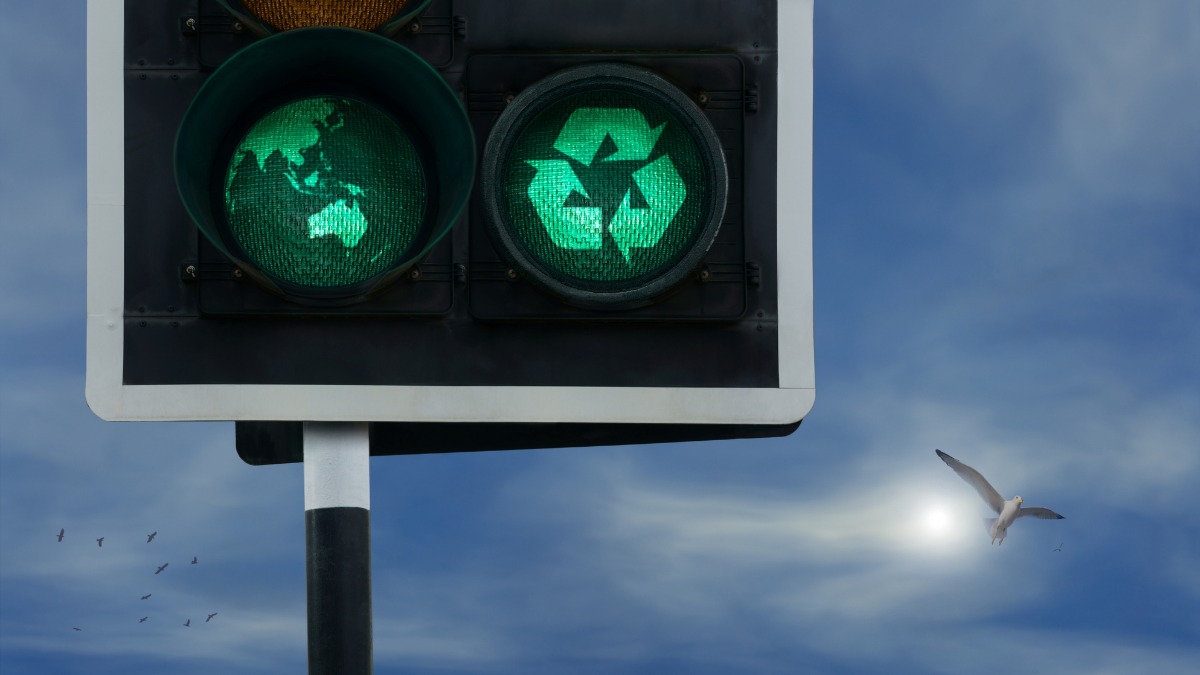Special Report: In a pivotal milestone for Pilot Energy, Federal Resources Minister Madeleine King announces a first of its kind declaration to enable offshore permanent carbon storage at Pilot Energy’s Mid West Clean Energy Project (MWCEP).
The declaration is a key condition for many of the MWCEP’s commercial agreements, including the Cliff Head acquisition deed between Pilot (ASX:PGY) and Triangle Energy (ASX:TEG).
The approval for offshore greenhouse gas storage in Australia, follows a rigorous assessment process by the National Offshore Petroleum Titles Administrator (NOPTA) after Pilot’s application to develop the project back in November 2022.
Importantly, it also provides Pilot and potential international partners with greater confidence in Australia’s carbon storage regulatory regime.
Pilot will now proceed with works to launch the first stage of the project in 2026, which involves the conversion of the depleted Cliff Head offshore oil field into a permanent carbon storage operation that can hold more than 1 million tonnes per annum (Mtpa) of CO2.
The carbon storage component will have over 50 million tonnes of potential total storage capacity, placing it within the top 10 carbon storage projects globally. It’s expected to allow for continuous injection through to 2050.
The Declaration from the Federal Minister allows a storage capacity of 13.4 million tonnes into the Cliff Head Storage Formation.
Western Australian legislative changes last month provide a clear regulatory regime for onshore CO2 infrastructure at areas of the project covered by state laws.
“This declaration represents a material advancement in the development of Pilot’s Mid West Clean Energy Project and is an exciting milestone for carbon capture and storage and clean energy production in Australia,” executive chairman Brad Lingo said.
“On behalf of the entire Pilot team, I would like to thank the teams at NOPTA and NOPSEMA (National Offshore Petroleum Safety and Environmental Management Authority) for the constructive approach and engagement they have taken as Pilot progressed the first ever application seeking approval of a Declaration of Storage Formation.
“As the Pilot team worked through this application, it has been with a singular goal of delivering a project that can enable Western Australian emitters with a clear opportunity to reduce carbon emissions through abatement and permanent storage on a cost effective basis.
“I’d like to acknowledge the hard work of the NOPTA, NOPSEMA and Department of Industry, Science, Energy and Resources (DISR) teams as they assessed this first of its kind application.”
About the MWCEP
The first stage of the MWCEP will capture and store CO2 emissions from existing external industrial sources plus capture nearly 99% of the CO2 generated by the project itself.
Via an MoU with leading Direct Air Capture (DAC) technology provider Capture6, the MWCEP will help accelerate the drawdown of emissions from the atmosphere through DAC facilities tied directly into the MWCEP infrastructure.
The next phase, scheduled to launch in 2028, involves the MWCEP producing up to 1.0 million tonnes of clean ammonia for export. Pilot Energy is actively targeting markets like South Korea, which is aiming for a 7.1% ammonia and hydrogen energy mix by 2036 as part of its net zero goals.
As well as having a strong export focus, the project has been designed to also incorporate the future supply of hydrogen into WA’s domestic energy market.
The hydrogen production process will produce blue hydrogen (derived from natural gas with CO2 capture) and in later stages green hydrogen (from renewable energy sources). Pilot will deploy 8 Rivers’ technology that enables gas-based hydrogen production with carbon capture at industry-leading rates of beyond 99%.
Keen Korean interest
In a strong show of support for the CCS in Australia and especially Western Australia, Pilot last month hosted an Austrade-supported delegation of major Korean companies at the MWCEP.
All delegates on the tour expressed active interest in CCS to reduce greenhouse gas emissions as a key means to support South Korea’s net zero targets as the country accelerates its clean energy transition.
This article was developed in collaboration with Pilot Energy, a Stockhead advertiser at the time of publishing.
This article does not constitute financial product advice. You should consider obtaining independent advice before making any financial decisions.
The post Pilot gets green light for Mid West Clean Energy Project appeared first on Stockhead.






















